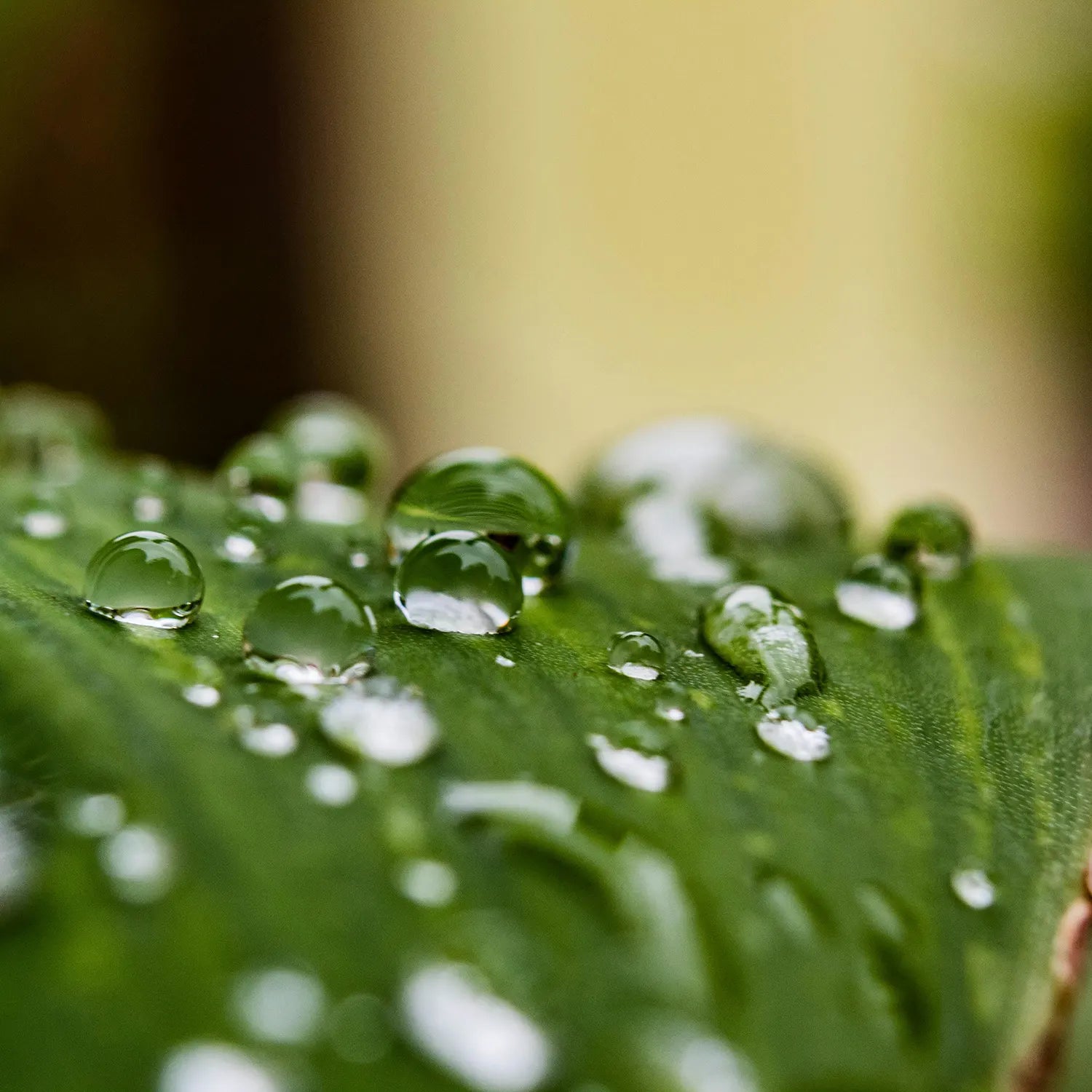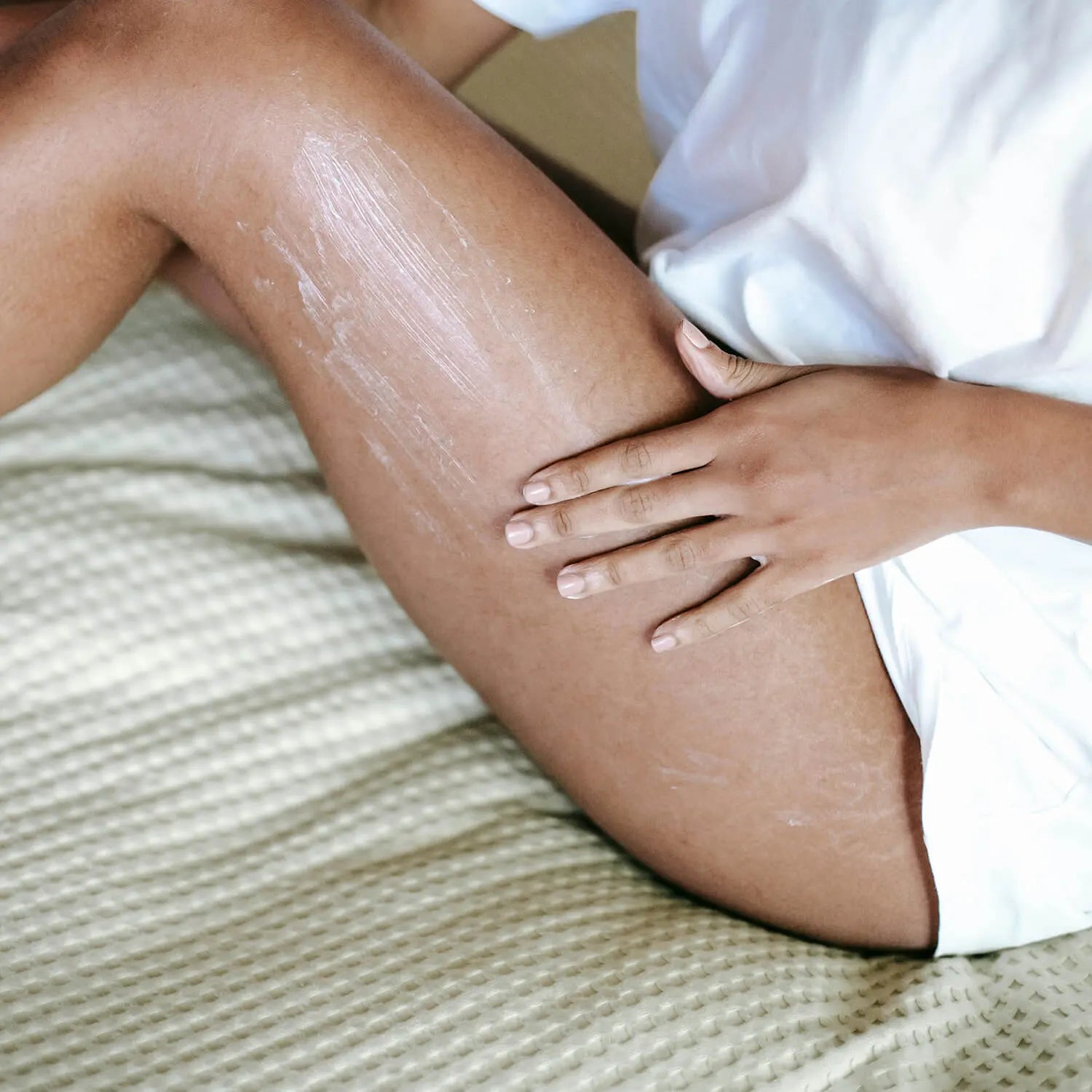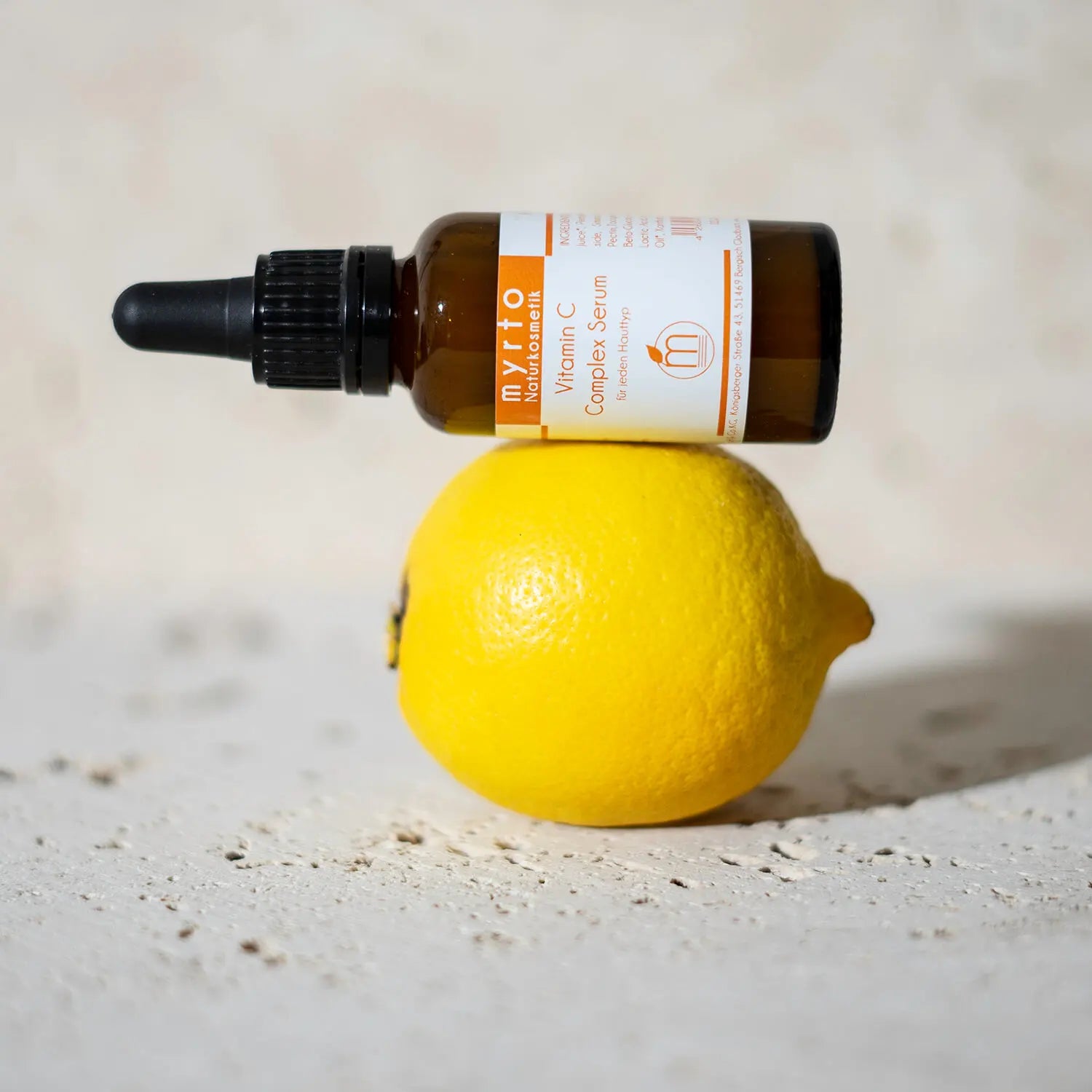
Clean Skincare - Low-irritant care for healthy skin
Clean Skincare stands for minimalist, skin-friendly care – without fragrances, emulsifiers, or alcohol. Learn how to effectively protect and soothe your skin with low-irritation products. Ideal for sensitive, irritation-prone skin.
In recent years, the term "clean skincare" has become a central buzzword in the skincare world. But what does it actually mean—and what does low-irritation skincare actually look like?
What does “clean skincare” mean?
Clean skincare stands for products that are reduced to the essentials and free of potentially problematic ingredients. This not only means that the products are "natural," but also that they are free of questionable additives:
- without fragrances or allergens such as essential oils
- without synthetic preservatives such as parabens
- without alcohol
- without silicones, sulfates and microplastics
- if possible, also emulsifier-free to protect the skin barrier
The goal: skin-friendly care that minimizes the risk of irritation.
Why low-irritation is so important
Our skin is our largest organ – and it's exposed to numerous stressors every day. Harsh cleansing products, environmental influences, or hormonal fluctuations can disrupt the balance of our skin barrier. Therefore, a low-irritation skincare routine is especially important to:
- To avoid redness and irritation
- to strengthen the skin's natural protective function
- to promote an even, healthy skin appearance
What you should look for in clean skincare
1. Gentle cleansing
Instead of aggressive surfactants, opt for mild, sulfate-free cleansing products that match the skin's pH value, do not damage the skin barrier, and do not dry out the skin.
2. Soothing ingredients instead of perfume
Fragrances in facial care products are unnecessary and can irritate the skin. Better: products with soothing active ingredients such as aloe vera, beta-glucan, or hyaluronic acid.
3. Less is more
Minimalist formulations contain fewer ingredients—and therefore fewer potential sources of irritation. Products with shorter INCI lists are often the better choice.
4. Emulsifier-free
Many emulsions contain emulsifiers to combine oil and water. However, common emulsifiers damage the skin barrier and disrupt the microbiome. Therefore, it's worth opting for emulsifier-free products, especially for sensitive skin.
5. Respond to individual needs
Every skin type is different. Especially for sensitive skin or skin prone to redness, it's worth choosing products carefully and avoiding over-conditioning.
6. Simplified skincare routine for hypersensitive skin
A straightforward routine with just a few, well-coordinated products can often work wonders. Instead of multiple steps, focus on the essentials—cleansing, moisturizing, and protecting. This saves time, soothes your skin, and gives it what it needs.
Conclusion
Clean skincare is more than just a trend—it's a philosophy that focuses on healthy, balanced care. Low-irritant products help soothe your skin in the long term and maintain its natural balance. So, focus on quality over quantity, give your skin a break, and consciously avoid unnecessary, irritating additives. This way, your skin will glow from within!
FAQ – Frequently asked questions about Clean Skincare
What is the difference between clean skincare and natural cosmetics?
Clean skincare refers to products that are free of problematic ingredients – regardless of whether they are certified as natural cosmetics. Natural cosmetics, on the other hand, are generally based on natural raw materials but may contain ingredients such as essential oils, alcohol, or potentially irritating, "nature-identical" preservatives that are not ideal for sensitive skin.
Why are fragrances problematic in skin care?
Fragrances—especially synthetic ones—are among the most common triggers of skin irritations and allergies. Sensitive skin often reacts negatively to fragrances. Therefore, they are avoided in clean skincare.
Are all clean skincare products automatically better tolerated?
Not necessarily—the individual skin reaction is crucial. However, products with minimalist, non-irritating formulas are generally better suited for sensitive skin.
How do I find out if a product is really “clean”?
A look at the INCI list helps: Short ingredient lists without fragrances, emulsifiers, alcohol, or preservatives are a good indicator. Terms like "vegan," "fragrance-free," or "emulsifier-free" are also helpful.






